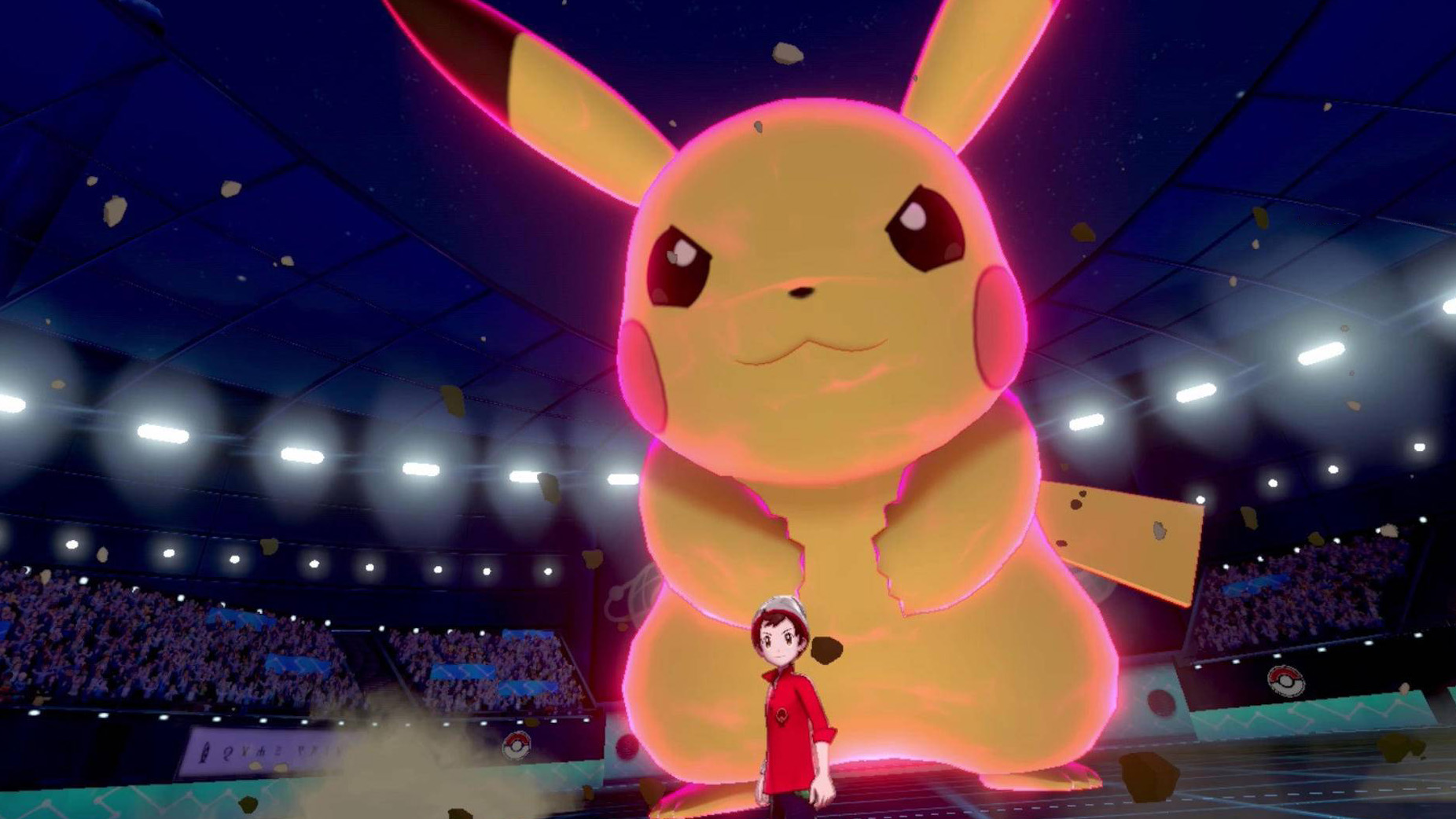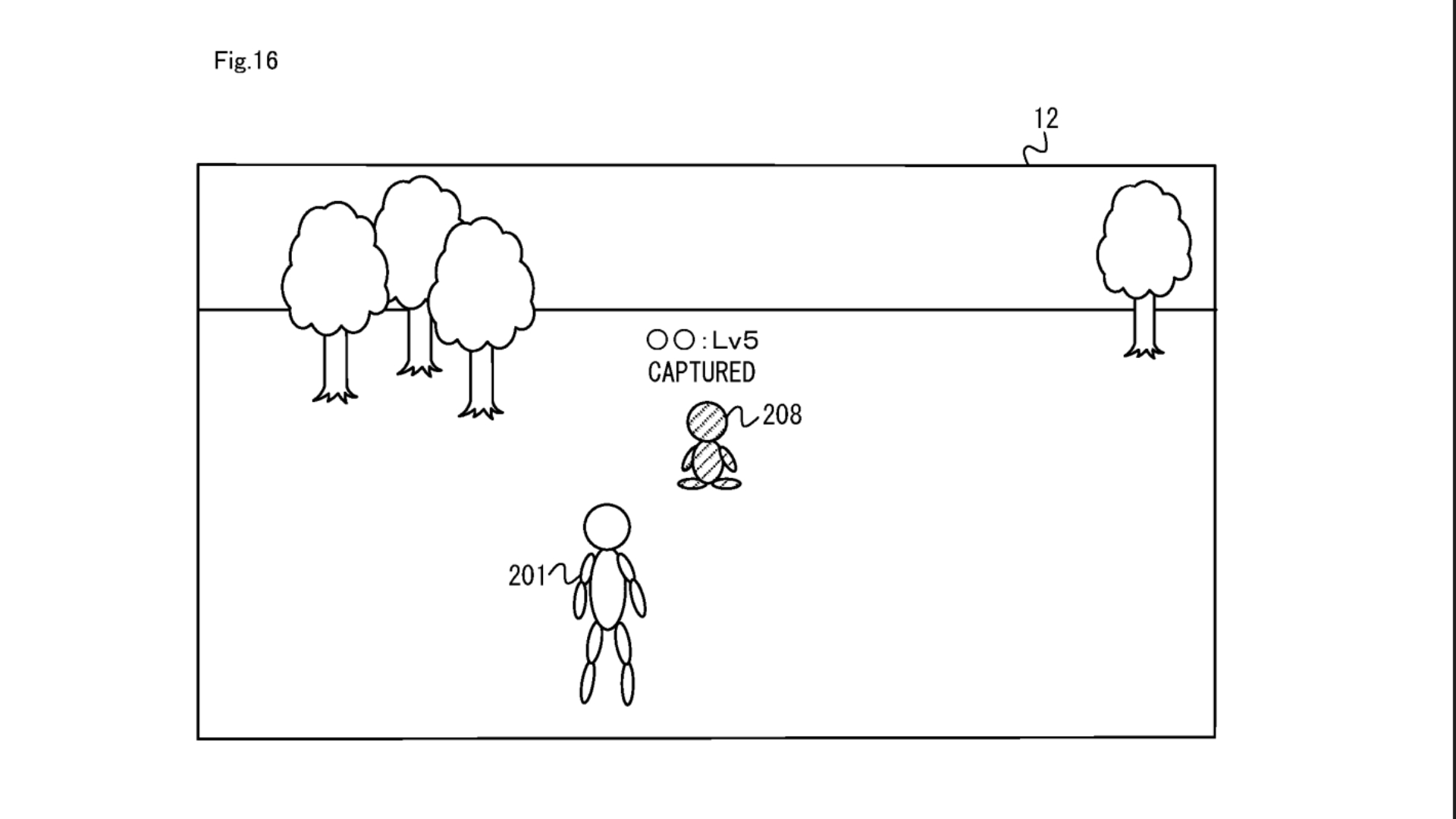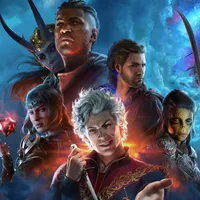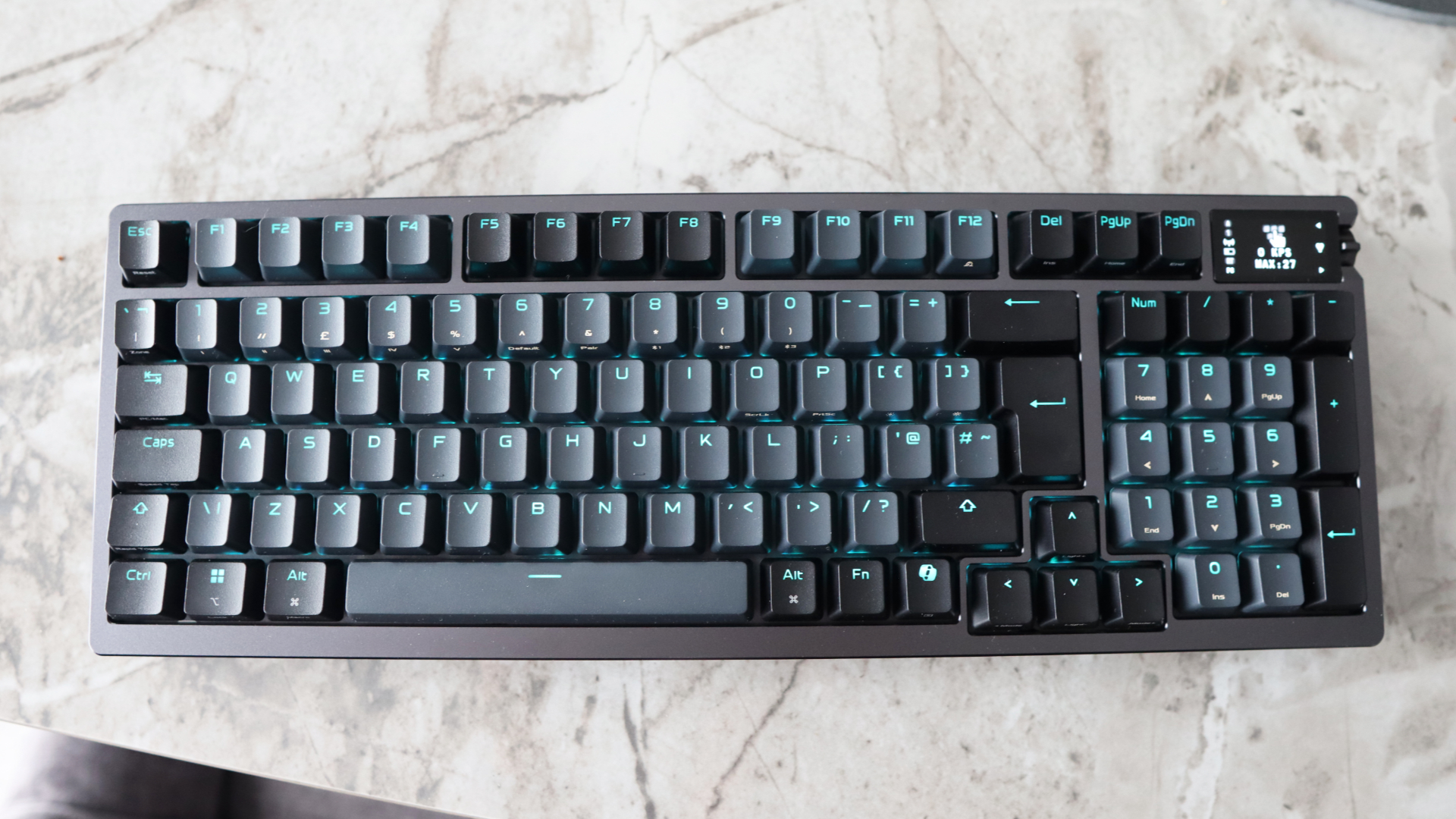Former Pokémon Company head lawyer says yeah, those latest Nintendo patents are a bit much, aren't they: 'I wish Nintendo and Pokémon good luck when the first other developer just entirely ignores this patent'
The USPTO may have hurt itself in its confusion.
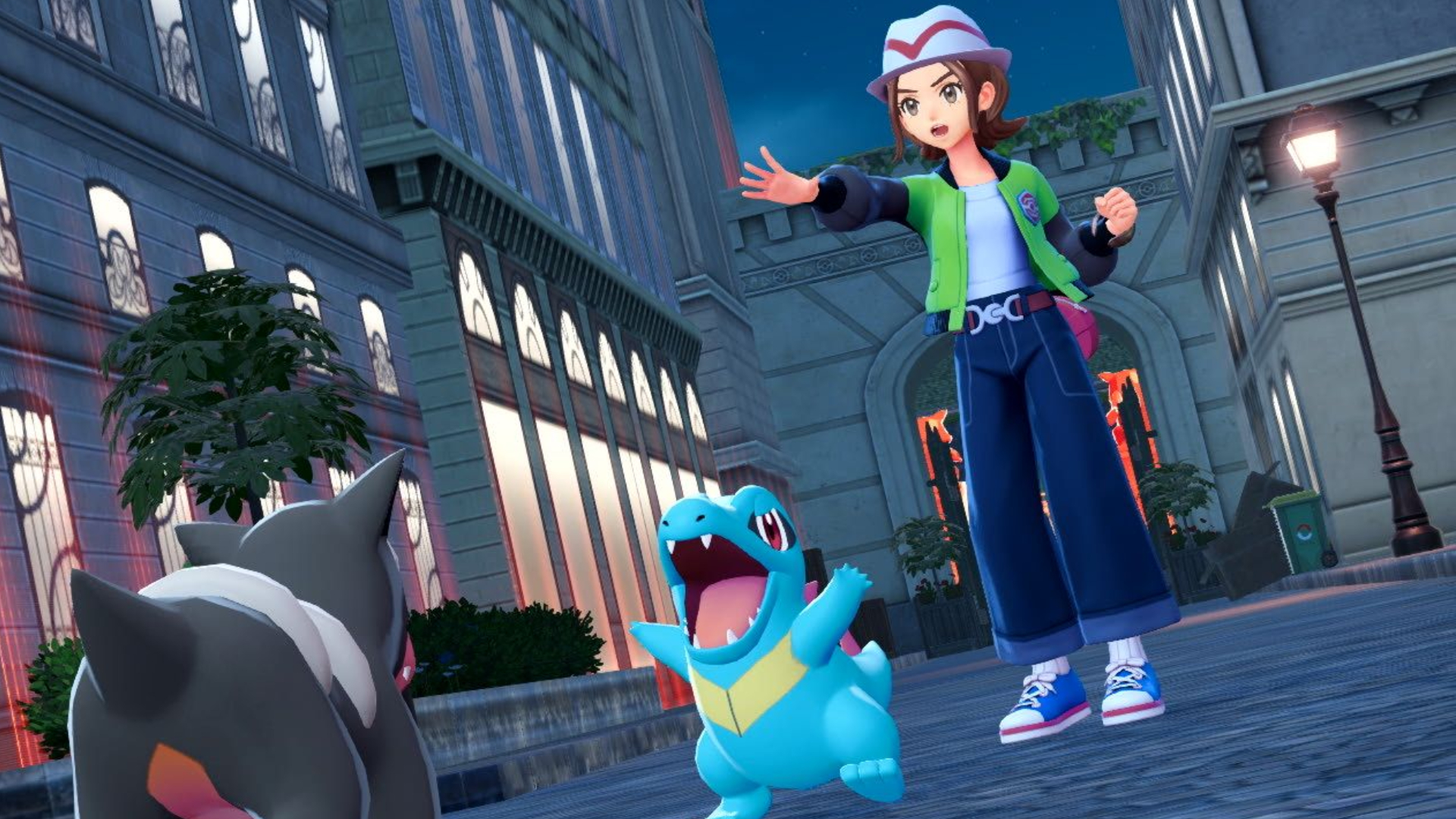
This week, the internet is flush with freshly self-appointed legal experts thanks to emerging news that Nintendo has added more patent weaponry to its ever-growing legal arsenal, including a patent on calling and battling companion characters that was seemingly rubber-stamped without pushback by US patent officials.
Yesterday, we published the opinions of videogame IP lawyer Kirk Sigmon, who called Nintendo's latest patents "an embarrassing failure of the US patent system." Other legal experts are now echoing Sigmon's skepticism—including the Pokémon Company's own former head lawyer.
As is typically the case in videogame patents, the new Nintendo patent generating outcry—US patent 12,403,397—uses extremely specific language in its claims, which define in rigorous legalese the mechanics of the Let's Go! auto-battle features of Pokemon Scarlet and Violet. But even though those claims would have to be met word-for-word to prove infringement, former Pokemon Company chief legal officer Don McGowan told Eurogamer that he isn't convinced the patent would hold up to scrutiny in a lawsuit due to its similarities to existing art.
"I wish Nintendo and Pokémon good luck when the first other developer just entirely ignores this patent and, if those companies sue that developer, the developer shows decades of prior art," McGowan said. "This isn't Bandai Namco with the loading screen patent."
While Nintendo's '397 patent might risk invalidation if it was ever tested in court, the fact that it possesses the patent could have a chilling effect on other developers, most of whom don't have Nintendo's ability to sustain the legal costs associated with multi-million dollar patent lawsuits.
Games industry lawyer Richard Hoeg told Eurogamer that patents like Nintendo's can stifle competition simply by existing.
"The filing for such patent protection indicates that Nintendo does intend to pursue a legal strategy in defending itself against entrants in the pocket monster genre. But that strategy may or may not involve lawsuits, as the 'muddying of the waters' effected by the patents' existence may be enough to deter investment in and creation of competitors," Hoeg said. "That is, if Nintendo looks like it could pounce, that may be enough. No actual pouncing required."
Keep up to date with the most important stories and the best deals, as picked by the PC Gamer team.
Hoeg said that Nintendo's latest patent approvals could be an indicator that US patent authorities are struggling to fully grasp how intellectual property decisions could influence the dynamics of the games industry.
"Law and technology are often strange bedfellows, and in my opinion the patent office has appeared out of its depth on evaluating videogames for quite some time," Hoeg said. "It may be time for reform there."
2025 games: This year's upcoming releases
Best PC games: Our all-time favorites
Free PC games: Freebie fest
Best FPS games: Finest gunplay
Best RPGs: Grand adventures
Best co-op games: Better together
Lincoln has been writing about games for 11 years—unless you include the essays about procedural storytelling in Dwarf Fortress he convinced his college professors to accept. Leveraging the brainworms from a youth spent in World of Warcraft to write for sites like Waypoint, Polygon, and Fanbyte, Lincoln spent three years freelancing for PC Gamer before joining on as a full-time News Writer in 2024, bringing an expertise in Caves of Qud bird diplomacy, getting sons killed in Crusader Kings, and hitting dinosaurs with hammers in Monster Hunter.
You must confirm your public display name before commenting
Please logout and then login again, you will then be prompted to enter your display name.
